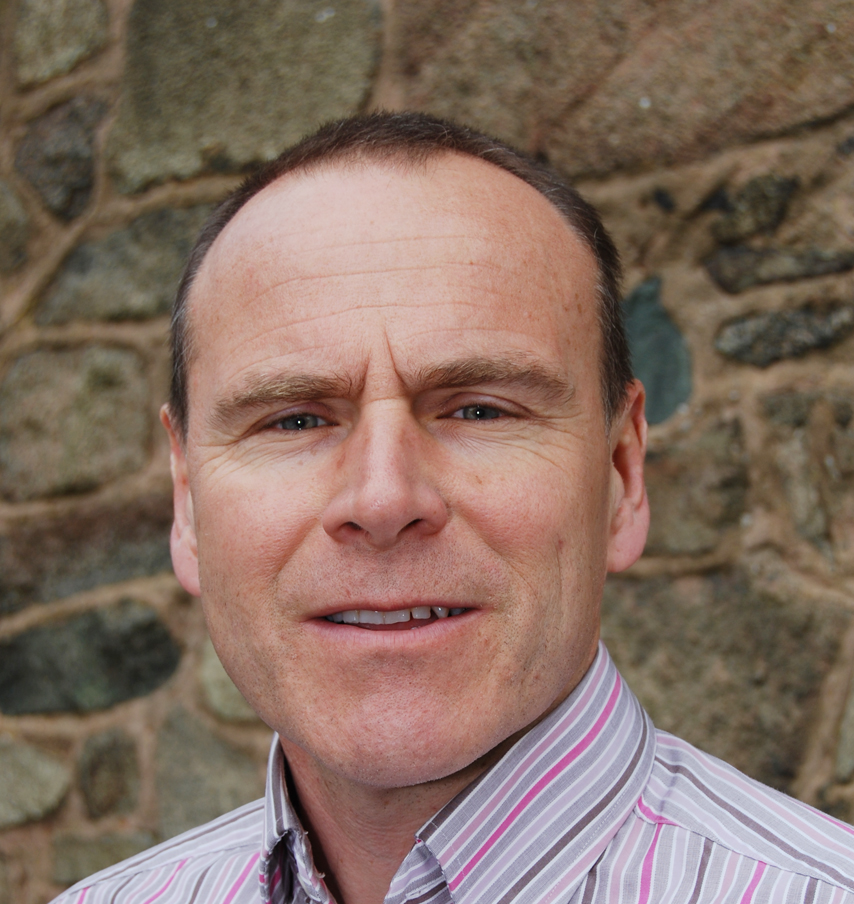Policy: Moving communities
A new tracking tool, called Moving Communities, will assess the impact of the UK’s £100m National Leisure Recovery Fund, as well as evaluating the contribution public sector facilities make to their local communities, as HCM reports

The Moving Communities monitoring and evaluation tool has been launched by Sport England, to enable decision-makers to understand the impact of the government’s £100m National Leisure Recovery Fund in helping public sector sports, fitness and recreation facilities recover from the COVID-19 crisis.
Moving Communities will also create an evidence base for local and national decision-making.
Who’s running Moving Communities?
A group of partners – including Leisure-net Solutions, the Sport Industry Research Group at Sheffield Hallam University, 4global, Max Associates and Quest – have repurposed the National Benchmarking Survey (NBS), which provides critical data on the performance of leisure facilities, to measure the impact of the National Leisure Recovery Fund.
Known as Moving Communities, the new monitoring and evaluation tool will analyse participation at public leisure facilities and provide insight into the sector’s performance, sustainability and social value.
The data will help local authorities, leisure providers and policymakers support the recovery of public gyms and leisure centres and will be used to inform future investment and policy decisions, with the aim of strengthening communities and improving the nation’s health and wellbeing.
Who’ll take part?
All local authorities benefiting from the funding will be required to take part in the monitoring, which will benchmark income, expenditure, participation, social value and the customer experience. A small number will also go through Quest Prime.
Customer experience will also be measured through a national online survey, which will be the largest experience survey of its kind undertaken in the sector, with more than 1,000 leisure facilities taking part, engaging with a potential sample of 50,000 – 100,000 consumers.
In addition to providing data about the people using publicly-owned sport, fitness and recreation facilities, how they’re using them and how often, Moving Communities will evidence the social value of the sector.
Will the findings be shared?
Participating local authorities will have access to Moving Communities dashboards, which can be used to inform and evidence local decisions, while a quarterly overview will be published to provide insights for providers.
“Moving Communities will demonstrate the value and impact of the sector as it emerges from the pandemic, at the time when it’s needed most,” says Dave Monkhouse, director of customer insight firm, Leisure-net, which is leading the delivery of the service on behalf of Sport England.
“The data will show who’s performing well, how and why. This will be shared with other local authorities, to help the sector recover from the crisis.”
Background
The new platform represents an evolution of the Moving Communities report produced annually by the ukactive Research Institute since 2017, building on ukactive’s work with its public leisure operator members. ukactive will continue to play a role in supporting the research by engaging members to ensure comprehensive data supports the growth of the sector

Moving Communities is a once in a lifetime opportunity for the industry to gather data, insight and intelligence on a sector-wide scale, helping to inform key decisions that will shape the way we operate in the challenging years to come.
This opportunity has come about off the back of evaluation and monitoring for the National Leisure Recovery Fund, but can develop into something important and valuable for the sector.
For the first time this will give us a clear picture, across most local authorities in England, of how leisure centres are performing in terms of finance, participation, the customer experience and the social value they bring to their communities.
Operators will be able to compare their performance against national averages and wider data sets. It’s going to be a step change in terms of the breadth and depth of understanding we have about the active leisure sector.
The insight that Moving Communities will give us will be a valuable part of “making the case” for future local leisure provision, not only from a national government point of view, but also Sport England’s and individual local authorities’.
It’s not only about how fast customers return and in what numbers, but also who comes back. The last 12 months have exaggerated many existing inequalities in the country and we need to ensure that hard to reach groups – who were often relatively inactive prior to COVID-19 – are not left behind even more, increasing the activity and health gap even further.
The Moving Communities initiative will help to provide insight into the sector’s recovery from COVID-19. For example, it will investigate whether certain demographics are coming back to their local centres more than others and establish what best practice looks like and how we can share it.
We know from previous research, carried out by Leisure-net, that people in older age groups and women are generally more concerned about returning, and have more of a focus on cleanliness and other safety protocols, so it’s essential that operators and local authorities find out very quickly, whether their re-opening systems and processes are up to standard and giving returning customers the confidence they need.
As part of this, certain sites will also be undertaking Quest Prime – the new version of Quest – which is offering operators a tool to measure their readiness and standards against national performance levels. It’s also important to share best practice, so all the findings will be made available nationally on a quarterly basis, through a series of reports and webinars.
Local authorities and their operators will be able to see their data and KPIs for their own sites, and compare them against national benchmarks using a series of filters. All data will be anonymised and amalgamated centrally in order to produce these valuable benchmarks and the overall national picture.
The Moving Communities Customer Experience Survey will be the largest of its kind ever carried out in the sector. Each local authority and operator will be able to see their results on a site by site basis and compare them with the rest of the sector.
The survey has key questions in it, such as Net Promoter Score, the new Customer Confidence Indicator and Overall Satisfaction, as well as new sets of questions looking at the value that customers feel their local centres deliver in terms of their activity levels and wellbeing, and their future plans for activity.
With the change of activity patterns over the last 12 months, insight into customers’ attitudes and perceptions will be more critical than ever to service providers.
Leisure-net is the lead partner in the consortium, we’ll manage the overall programme, including communications and education/feedback to the sector.
4global is leading on the data collection and reporting elements and building the new Moving Communities platform, while Sheffield Hallam University’s Sports Industry Research Centre is bringing academic rigour to the process and will also be producing the quarterly sector reports.
Management consultancy, Max Associates, is focusing on keeping the initiative aligned with what’s happening on the ground with local authorities and public sector provision. Finally, Right Directions is leading on Quest Prime, the operational/quality check within the process – a key element of the study.



Swim Manager
General Manager
General Manager
Swim Teacher
Customer Service Advisor
Sports Facility Manager - LSBU Active
Team Leader
Fitness Motivator
Swim Teacher
Duty Manager (Dry)
Head of Operations
Senior Leisure Officer
Swimming Teacher
Swimming Teacher
Company profile

Featured Supplier

Property & Tenders
Company: Jersey War Tunnels
Company: Savills
Company: Cotswold Lakes Trust
Company: Knight Frank
Company: Belvoir Castle















